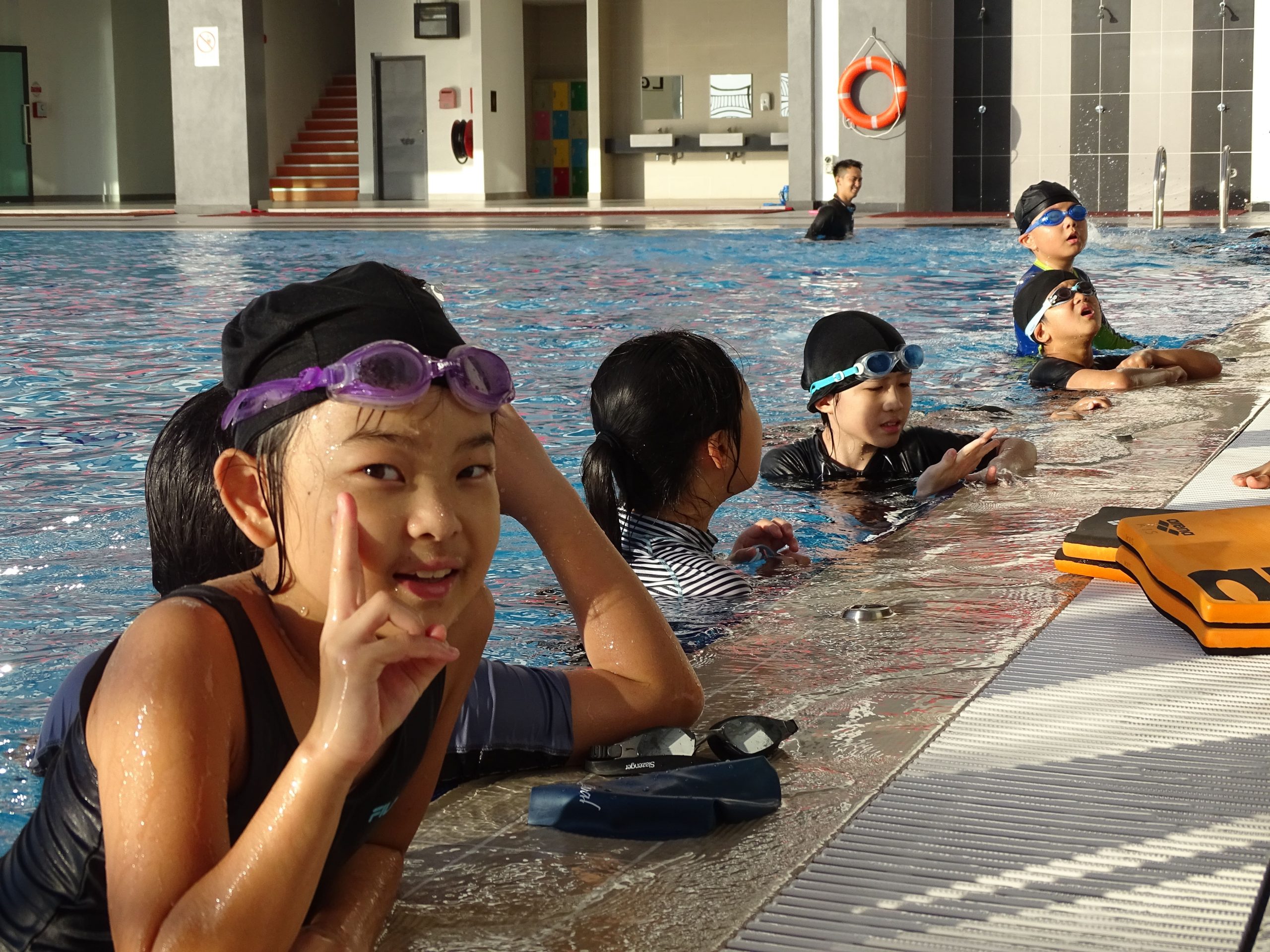
For generations, children have spent countless hours playing outside, exploring their surroundings, and engaging in physical activity. But today’s iPad generation is spending less time outdoors and opting for screen time instead. This shift has raised concerns about the impact of sedentary lifestyles on a child’s development. So, the question arises: does playing outdoors make your child smarter?
The answer is YES!
Research shows that playing outdoors allows children to “experiment, solve problems, think creatively, cooperate with others” while also helping them gain a deeper understanding of themselves and their surroundings.

Why should my child play outside? 6 ways it helps children.
As parents, we are always looking for ways to help our children grow and develop into happy and healthy adults. While there are many activities that can support our children’s growth and development, one of the best ways is to encourage them to play outdoors. Here are six ways outdoor play promotes the healthy development of a child and sets the stage for success later in life:
- Get the body moving
Playing outside is a great way to encourage children to get some physical activity. Running, jumping, climbing, and other outdoor activities help children develop strength, coordination, and motor skills.
Moreover, with the rising rates of childhood obesity and sedentary lifestyle, playing outside can be an easy way to encourage children to move and exercise. The more active they are, the better their health will be!
- Outdoors inspire creative play
Freedom of movement is essential for the healthy development of children. The open air allows children to explore who they are and what they are capable of doing at their own pace. When children are given space to use their imaginations, they feel empowered by their own creativity–a magical place where kids can create entire worlds in their minds and engage in make-believe.
- Improves concentration
Playing outside can help children focus better and perform better in school. Research shows that exercise stimulates the production of brain-derived neurotrophic factor (BDNF), a protein that supports the growth and survival of brain cells. BDNF is essential for the development of cognitive functions, including memory, attention, and learning.

- Development of social skills
Outdoor play allows children to develop social skills in a natural environment. It provides them with the opportunity to interact with their peers and develop social skills such as communication, negotiation, and cooperation. Without this exposure, many interpersonal skills would not be practised or honed while playing indoors on computers or television sets.
- Good for mental health
According to CDC, mental health-related emergency department visits from March to October 2020 increased 24 percent for children ages 5 to 11 and 31 percent for those ages 12 to 17 compared with 2019.
Natural environment can help reduce stress and anxiety in children. Being outside in nature has a calming effect on the mind, and physical activity helps release endorphins that improve mood. Playing outside can also provide a sense of freedom and autonomy, which can be empowering for children.
- Encouraging independence
Outdoor play provides children with the opportunity to take risks and push their boundaries in a safe and supervised environment.
It often involves children taking the initiative to explore and create their own activities. This can help children develop a sense of independence and self-reliance, which are important traits for building resilience.

Play is a crucial element of healthy development and the foundation for learning. It’s how children build cognitive, social and emotional skills that will help them succeed in life. Play also provides important opportunities for children to exercise their bodies and minds outside school hours, which helps them develop the skills they need to succeed in life.
Whether it’s running around in the backyard, exploring a local park, or going on a hike, outdoor play provides a wide range of benefits that can help your child become a happier, healthier, and well-rounded individual. So, next time your child wants to stay inside and watch TV or play video games, consider encouraging them to go outside and explore the great outdoors.

Promoting the wholesome development of children
At Maple Leaf Kingsley International School we believe that the holistic development of a child happens both within and outside the classroom.
We offer a wide variety of sports, clubs, and societies for the learning and development of children across all ages. Our extracurricular activities include a variety of enrichment opportunities in science, technology, engineering, arts and mathematics.
From Rhythm & Movement to Robotics, Yoga and Horse Riding, MLKIS provides ample of opportunities for children to discover their talents, develop their skills and reach their best potential.
Our Learning Journeys programme is a series of real-world experiences for primary and secondary school students. Each journey gives students the chance to learn through hands-on exploration in the places they visit while tackling real issues and challenges.
Although academics is the primary source of learning, a child’s distinctive personality can be cultivated through outdoor activities that provide opportunities for personal development.
Accredited by ISO and ranked highly by parents and educational bodies, Kingsley is a homegrown international school established in 2011. Click here to know more about us.












